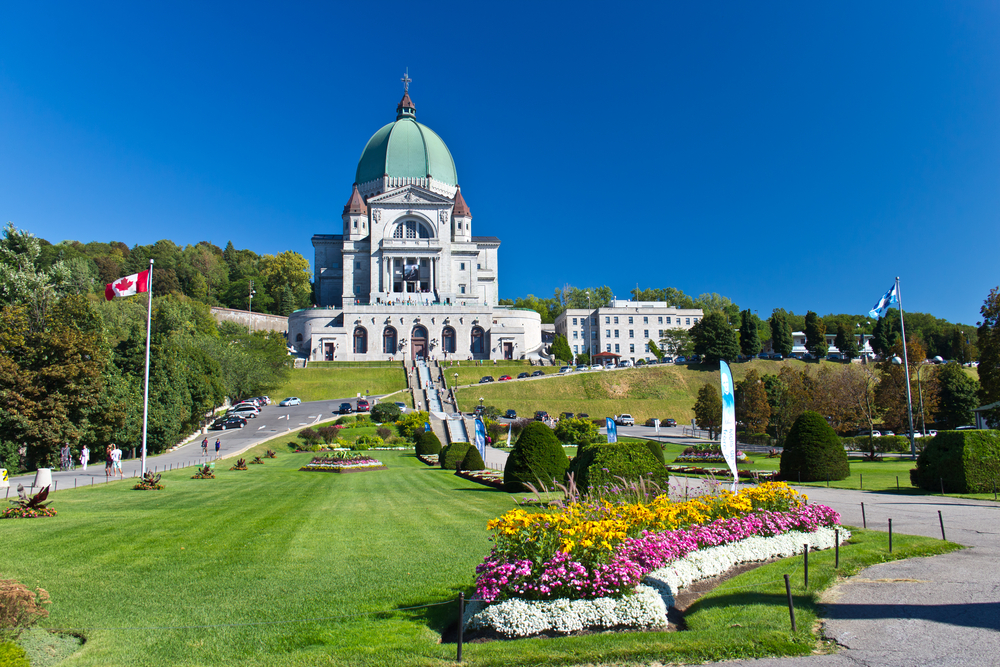Recent Pew Study Shows Subtle Shifts in Canadian Religious Beliefs

Over the last few years, there have been a number of moves made throughout Canadian provinces to reduce the presence of religion in public places. One of the more notable actions was a 2019 decision in Quebec to enforce a law prohibiting public employees from donning any type of religious symbols while in an official workplace. Though there has been pushback on the law, it has brought forth a number of conversations in relation to modern religious beliefs throughout Canada. Though the country was largely composed of those identifying as Christian for many decades, this has shifted in recent times.
A handful of Pew studies conducted in recent years highlight the exact changes that have occurred when it comes to the average Canadian’s feelings about religion. Take a look at these data-driven points to get a better idea of what these changes are.
Fewer Canadians Are Identifying as Christians
A poll conducted in 1971 across Canada revealed that only about 4% of the population identified as unaffiliated with any one particular religion. During this same survey, the most popular religion was Christianity, with about 47% of the respondents identifying with this belief system. In 2018, however, the same survey was conducted, with dramatically different results. In the roughly 50-year span between the polls, the percentage of people identifying as Christian rose slightly to about 55%. However, the number of unaffiliated individuals also spiked from 4% to 16%.
There have also been a number of changes in the religions that Canadians belong to. Though this accounts for only about 8% of the population, it is a much larger number than in decades past. Since the survey in the 1970s, there have been increases in individuals who are affiliated with Judaism, Islam, Hinduism, and many other belief systems.
Daily Practices Are Not a Part of Canadian Life
Belief is only a small part of the picture when it comes to religion in Canada. Rituals like attending weekend worship or praying each day also factor into the equation. Though 55% of the population identified as Christian, very few actually committed to any kind of regular practice. In fact, only one out of every five Canadians surveyed said that they prayed on any kind of daily basis. What’s more, about 25% of those who identified as some form of Christian did not go to any kind of weekly worship or services.
What is interesting about this is that there is a slight disparity between belief and practice. A survey conducted in 2013 highlighted that almost 30% of Canadians believed that religion was very important to their daily lives. However, this doesn’t match with the percentage of individuals who commit to any kind of daily practice. This is an intriguing example of how people can believe one thing and yet act in an entirely different way.
Religion and Morality Are Not Linked
Throughout history, there has often been a prominent argument stating that good morals are born of a religious mindset. While there has been little to prove this point, the belief is actually not that popular with modern Canadians. In fact, a series of studies conducted between 2003 and 2011 showed that a consistent 67% of the population believed that a person could have good morals and be an upstanding citizen without having any kind of religious belief whatsoever. Still, a very small percentage of Canadians have a strict rule that a person must believe in God to be truly good.
Religious beliefs are constantly changing. While it can be difficult to track, data does an invaluable job of pointing out exactly how these major shifts have come about. Though banning religious symbols in Quebec was a controversial move, looking at the research can highlight exactly why these decisions have been made and what public opinions are shaping the course of history.

